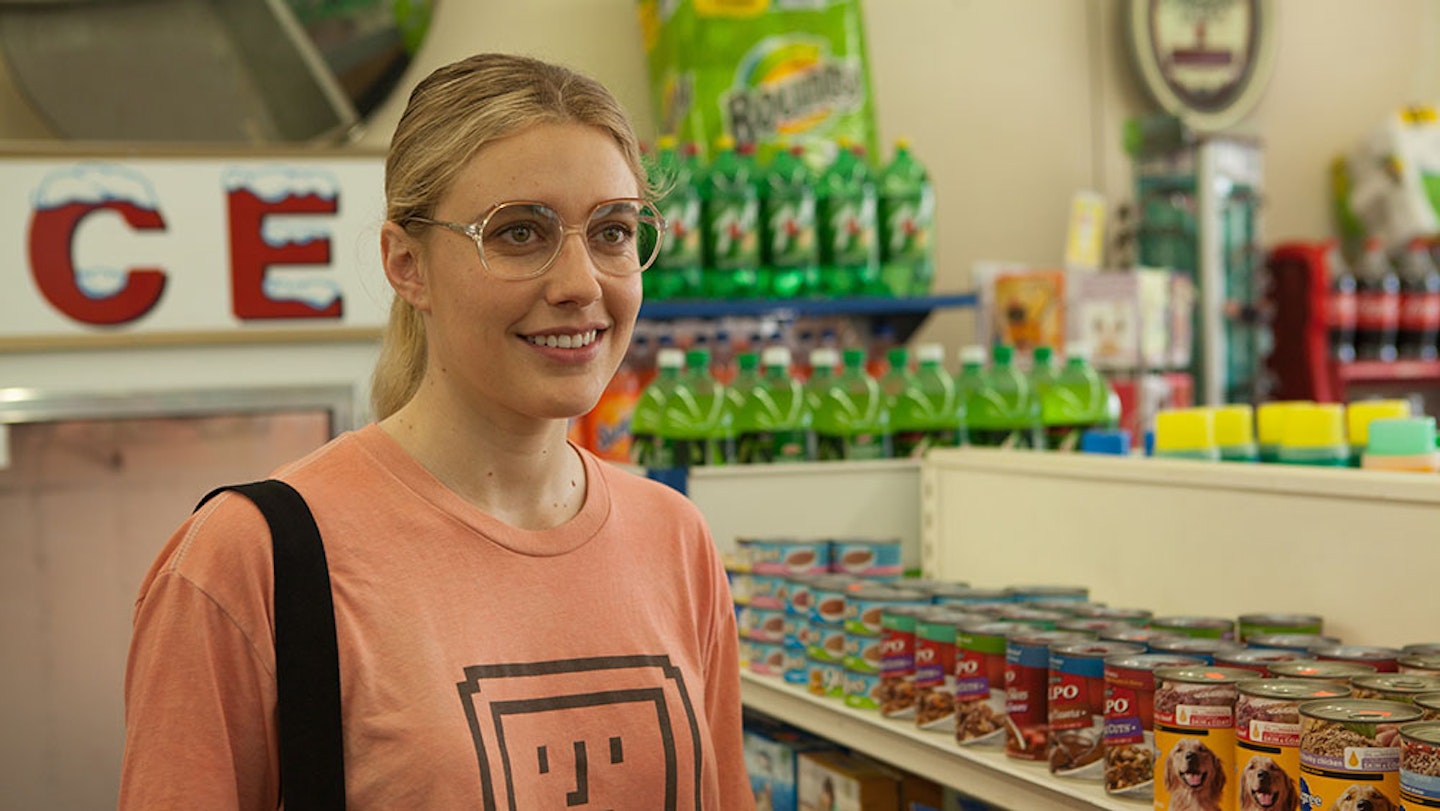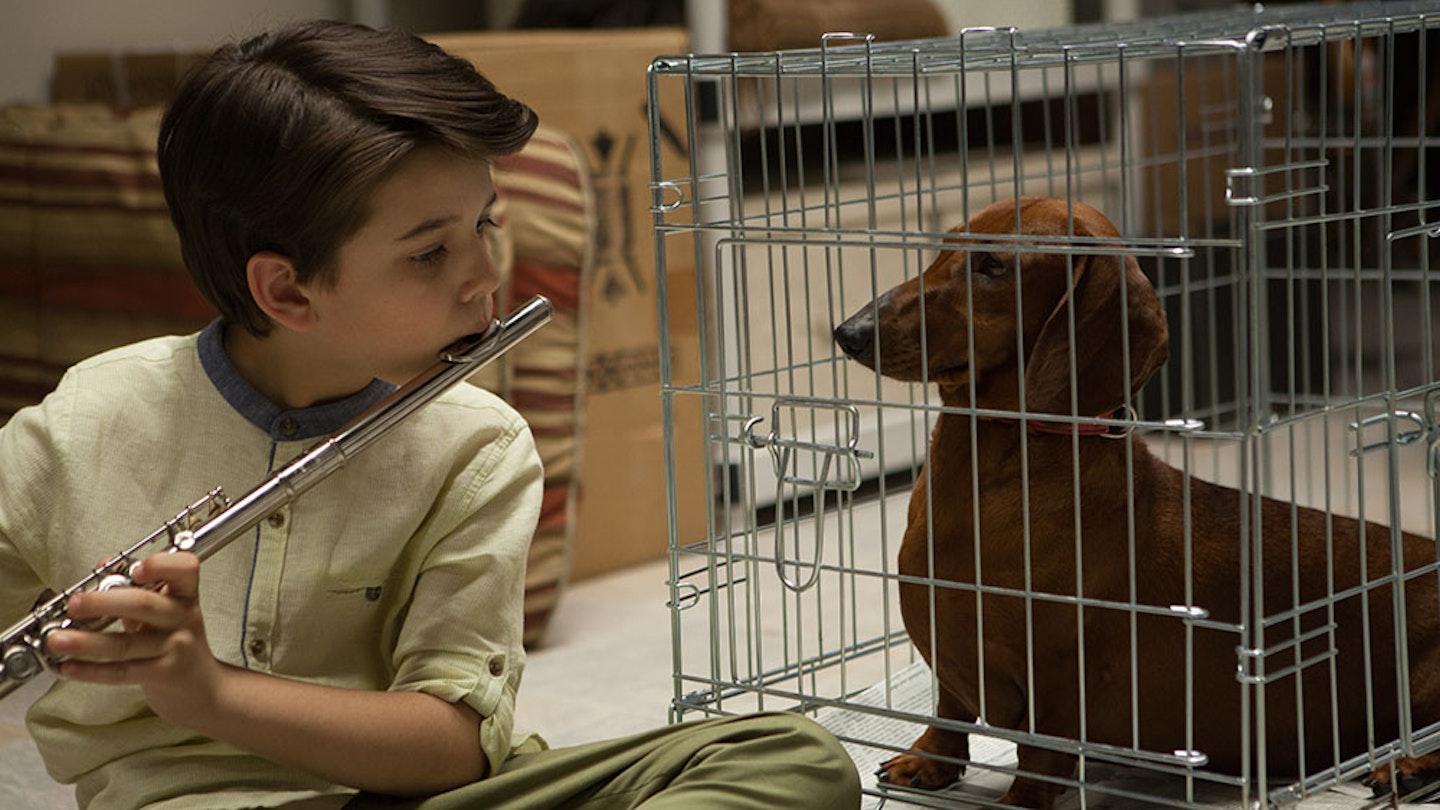Todd Solondz has built a career on making his audiences squirm, nudging them to laugh at things that are at best sad, and at worst horrifying. Whether it’s a teenage girl’s clumsy requests for love being cruelly refused in Welcome To The Dollhouse or a boy having a frank chat about his paedophile father’s intentions in Happiness, Solondz gives his audience situations no other director does. Because no other director’s really sure if anyone actually should. He’s been causing discomfort for more than two decades now, so much so that most of his fanbase is now entirely comfortable with it.
He doesn’t try to outdo himself with Wiener-Dog. By Solondz standards it’s a lark. Which is to say there’s a bleak, mushy death, a great deal of loneliness and a long, slow tracking shot of dog diarrhoea baking on a sunny street, but it’s not as oppressively nihilistic as his films can be. In its way, this is a Todd Solondz sketch show, which is sometimes very funny, always intriguingly strange, but doesn’t leave you with much once you’ve stopped laughing.

Sometimes very funny, always intriguingly strange.
A series of short, unrelated life stories are connected by the titular dog. She’s initially adopted by tightly wound parents (Letts and Julie Delpy) keen to make their sick child feel better, but so horrible that they can’t manage it with their own love. Their son, by contrast, has too much love to give and nearly kills the dog with it. So on she goes to Dawn Wiener, the sad teenager from Welcome To The Dollhouse who died in Palindromes but has apparently walked it off. Wiener has had the good fortune to grow up to look like Greta Gerwig and now works as a vet’s assistant. She is still searching for love.
The dog trots on via a miserable failed screenwriter (Danny DeVito) and an old woman (Ellen Burstyn), spending her final days regretting her life. None of these stories are particularly fleshy, aside from DeVito’s segment, but they feature some wonderful jokes. A lot of them are just silly, such as a visual gag with a dog wearing a dress and a suicide vest. But a few are lacerating — an aloof white teenager bemoaning people’s phoniness while wearing an “I can’t breathe” T-shirt is in its quiet way as witty and appalling as anything Solondz has done. He can still say a lot without shouting it.
There’s also hope laced into this, or the closest Solondz gets to that — this is not an emotion he usually explores. The dog presents each of her owners with the possibility of happiness of a sort, either in the shape of real affection or as a conduit to cathartic revenge. They all balls it up, but the chance is there. Maybe Solondz is softening in his old age. Although based on the final shot, which we won’t spoil, he’s not softening up too much.


